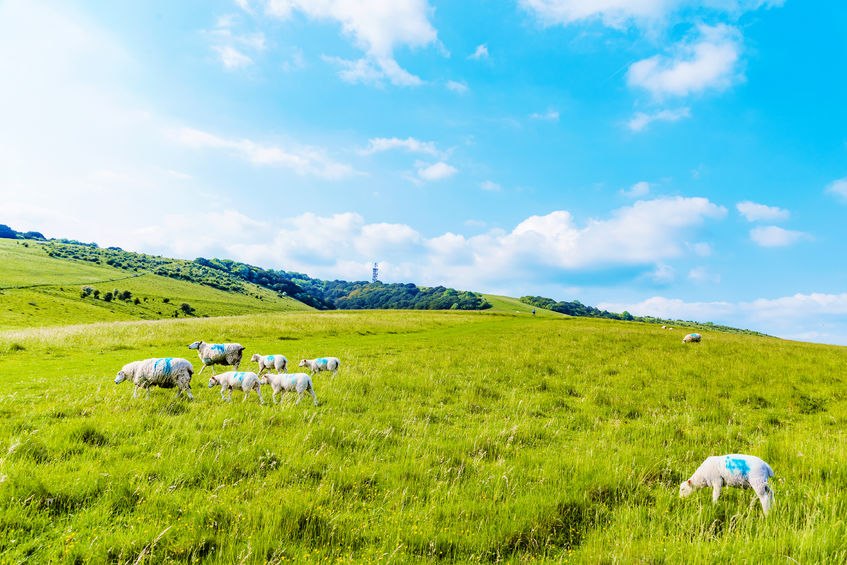
Total income from Scottish farming is estimated to have increased by £96 million in 2016, after two years of decline.
The Scottish Government has today published Total Income from Farming Estimates for Scotland 2014-2016.
The figures show income fell by 16 per cent in 2015 compared to the previous year, but initial estimates for 2016 suggest an increase of 15 per cent.
Agriculture was worth £653 million to the Scottish economy in 2015, down from £775 million in 2014, with subsidies, milk and barley all seeing big falls.
Although not all the data are yet in, the Total Income from Farming (TIFF) for 2016 appears to have bounced back to about £749 million, which, once inflation is taken into account, is the fourth highest since 2000.
Weakening of the pound
The weakening of the pound following the EU referendum led to improved prices for grain, beef and lamb, resulting in a boost to the value of outputs.
Another important effect of the exchange rate was the increase in the value of EU support payments. The 17 per cent change in the exchange rate resulted in total payments increasing by £53 million.
Overall, livestock is estimated to have seen a small increase in value in 2016. The largest sector, the beef industry, again remained reasonably steady in 2016 after initial falls in price in the first half of the year.
The average milk price fell 23 per cent in 2015, and nine per cent in 2016. This resulted in £126 million, or 28 per cent, being wiped off the value of milk between 2014 and 2016, down to £328 million.
Cereals fell 12 per cent in 2015 and a further eight per cent in 2016, with barley now worth an estimated £180 million and wheat £104 million.
Total costs were estimated to have fallen slightly in both years. Feed costs fell £49 million in 2015 to £532 million, and may fall further in 2016 to an estimated £515 million. The cost of fertiliser was fairly steady in 2015, but is estimated to have fallen £33 million to £153 million in 2016.
In the longer term, income from farming has been rising steadily since a dip in the late nineties. However, within that trend the figures have fluctuated from year to year.
